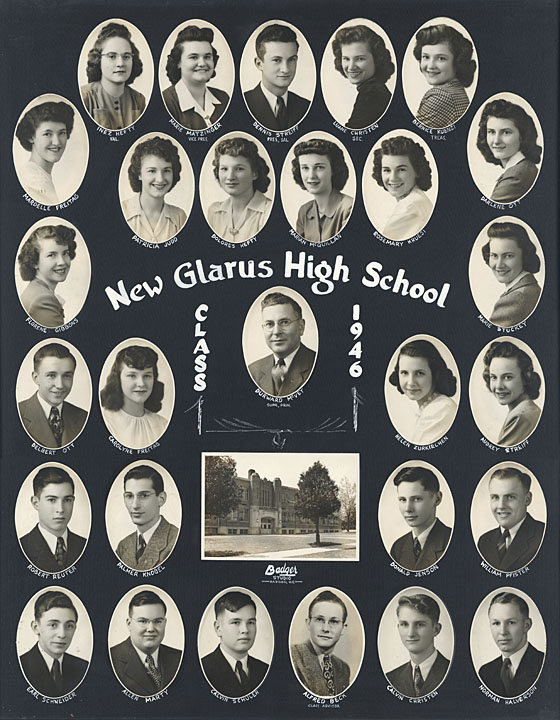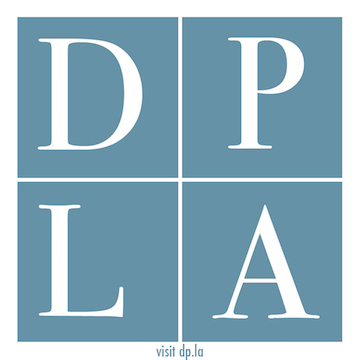Milwaukee Institute of Art & Design’s Guido Brink collection contains ephemera concerning the life and artwork of Midwest artist and educator Guido Peter Brink (1913-2002) in addition to the art collection endowed to the Milwaukee Institute of Art & Design from his estate.
Milwaukee Institute of Art & Design










